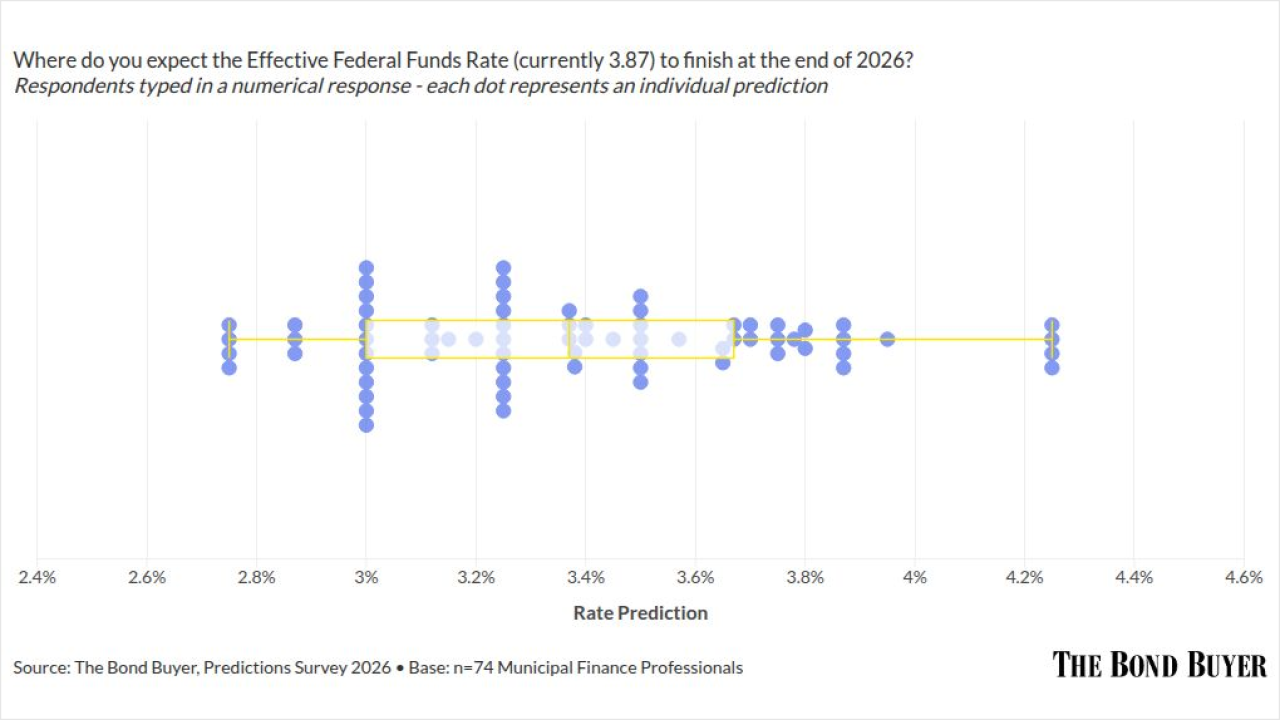New Jersey Gov. Jon Corzine yesterday signed into law pension reform measures that will help generate more than $150 million of savings through fiscal 2022.
The governor also announced that his administration is compiling a savings plan to potentially cut the current $32.8 billion fiscal 2009 budget by 5%.
The new pension and other post-employment benefit changes include raising the retirement age to 62 from 60 and increasing the base-minimum salary to $7,500 for new employees. Previously, the minimum salary requirement was $500 per year for the Teachers Pension and Annuity Fund and $1,500 per year for the Public Employees Retirement System. Also, state employees will now have 12 paid holidays as the law eliminates Lincoln's Birthday holiday.
"The signing of this legislation is another step in the re-alignment of the compensation of our public employees," Corzine said in a press release. "The reforms we've made over the last two years strike the right balance of being fair to hard-working public employees and at the same time lightening the burden on our taxpayers."
The bill has had widespread bi-partisan support, with Democratic and Republican lawmakers supporting the changes. Cutting back on pension and OPEB benefits and increasing the state's annual contributions to the systems will help New Jersey as it faces a $25 billion pension liability and a $68.7 billion OPEB shortfall.
Under Corzine, the state has contributed $3.3 billion to its pension and OPEB funds in fiscal years 2007 through 2009, compared to the $3.2 billion in total the state allocated the prior 16 years combined, according to administration documents.
"This common-sense reform bill will modernize and streamline the pension systems preserving the fiscal health and solvency of PERS and TPAF," Senate Minority Leader Tom Kean said in a press release. "Most importantly it will save money for property taxpayers who are struggling as the state becomes more unaffordable for the middle class."
The reforms follow 2007 contract agreements the governor reached with union leaders last year and combined will give the state more than $6.5 billion of savings through fiscal 2022. Those earlier changes include a cap on pensionable income, increasing the employee contribution to 5.5% of salary, and raising the retirement age to 60 from 55, among other reforms.
During the press conference where he signed the pension reform measures into law, Corzine announced that on Aug. 20 he asked his administration to find potential spending cuts of 5% within the current state operating budget to help offset an anticipated decline in income-tax revenues for fiscal 2009.
New Jersey's $32.8 billion fiscal 2009 budget, which began July 1, is $600 million less than the prior budget, yet officials anticipate recent layoffs on Wall Street will cut into the state's income tax receipts. The shrinking revenues will require New Jersey to cut its budget even further.
"The governor asked each agency to identify potential cut areas as contingency," Corzine spokesman Robert Corrales said via e-mail. "We were fortunate to be a bit ahead of the curve with $600 million spending cuts, $3 billion overall budget reduction, and reduction in overall size of government. But given the present financial situation nationally, he asked them to re-examine as [a] contingency."
Sen. Barbara Buono, chair of the Senate Budget and Appropriations Committee, has scheduled a special hearing set for Oct. 20 in order for panel members to discuss recent disruptions in the market and how that will affect the Garden State.





